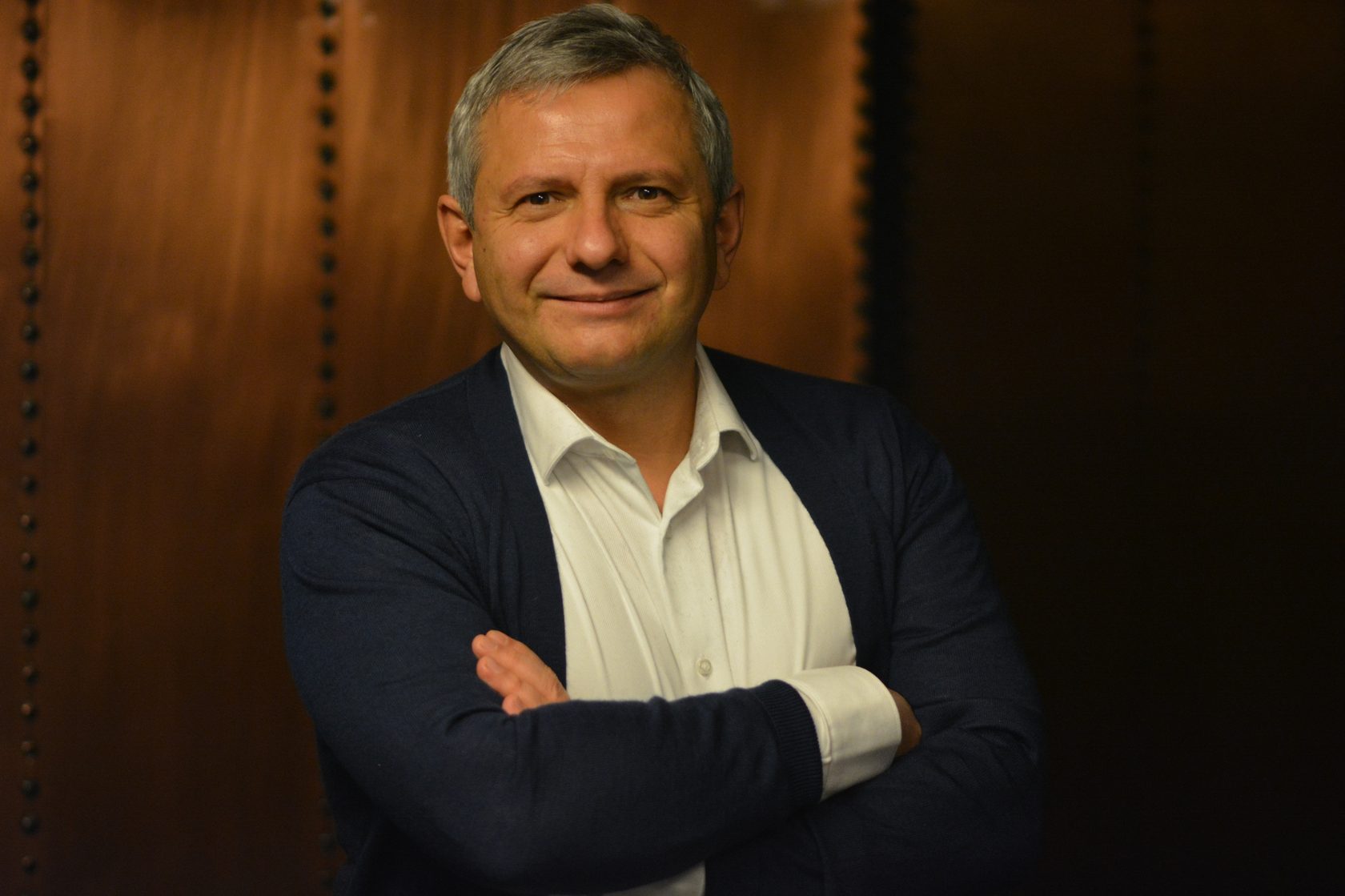About the interview
Advisor to the President of Ukraine on economic issues about understanding the Soviet heritage, problems of the Ukrainian economy, attracting Western investments and working with Volodymyr Zelenskyi.
About the activities of the Harvard Club of Ukraine
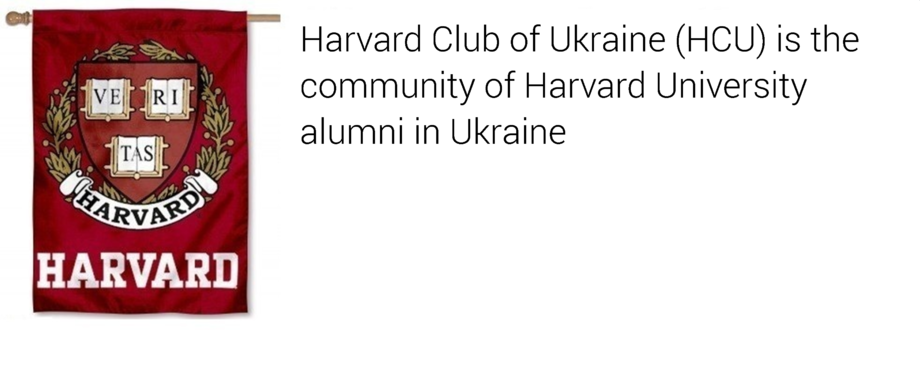
The club adheres to the goals of Harvard University: to produce knowledge, encourage students to acquire new knowledge, and enable them to make the most of their educational opportunities. The club is a platform that unites Harvard graduates in Ukraine and strives to expand opportunities at Harvard for potential students.
The Club’s activities include:
- club meetings, including speeches by speakers and events in social networks;
- admissions support, such as the annual Harvard Opening Day.
The Harvard Club of Ukraine is one of the founding members of the “Professional Government Association”, which unites more than 3,000 members with foreign education, ready to help the newly elected Ukrainian government in the process of reforms.
Legacy
— How did you choose your specialty, why economics?
— I graduated from school during the Soviet Union, it was the second half of the 80s. At that time, the issue of transition to a market economy was being resolved. There was a feeling in the air that the planned economy was about to die. It was obvious to me: people should live well, but under the Soviet system this was impossible. Actually, realizing our realities, I did not see anything more applied and interesting for myself than economics.
It was obvious to me: people should live well, but under the Soviet system this was impossible.
— Perhaps even then you foresaw the fall of Soviet power?
— I was not sure that the Union had to disintegrate, but I understood that there had to be a departure from the Soviet economy. The works of the most popular economists of that time made a tremendous impression on me: Aganbegyan, Arbatov and Gaidar. I read their work, and it seemed to me that the situation was absolutely critical.
At that time, there was a period of intensification of economic thought, and many breakthrough articles appeared, which, in turn, contributed to the search for new ways.
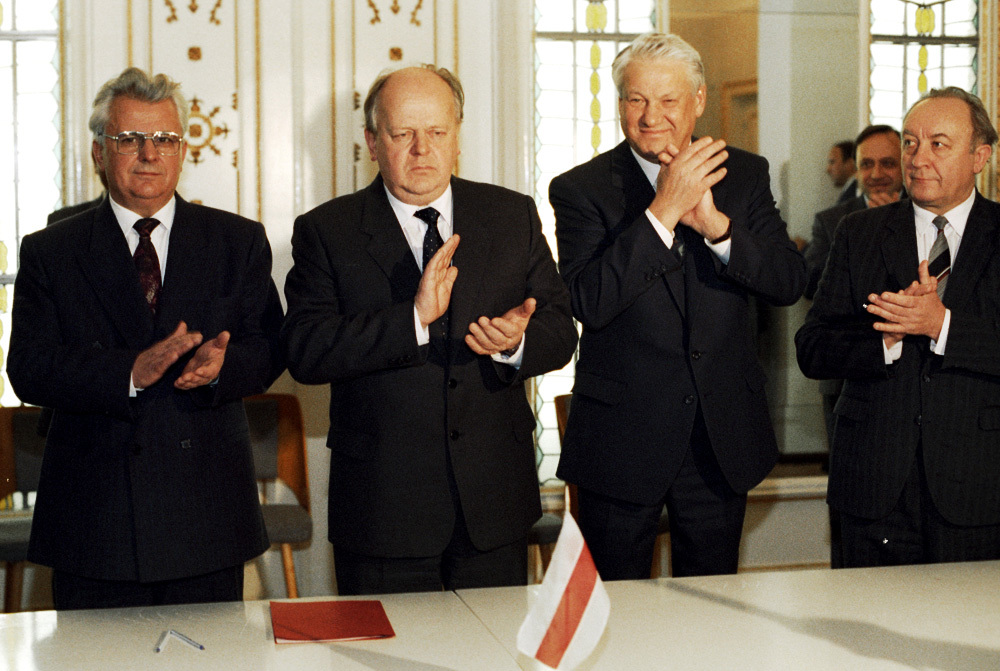
— What did you, as an economist, learn for yourself after the collapse of the Soviet Union?
— In terms of practical education, the 1990s made me understand that everything in economics is interconnected. For example, the worse the situation in the country, the more actively the population reacts to worsening conditions. At that time, some rented out apartments, others grew food on their plots, and some went to work in Poland or China. The population has one task – to survive, while for some it is simply difficult, and for some it is completely impossible.
I remember that in 1991 it was already clear that the crisis was so high that the system would fail. After gaining independence, there was a sharp deterioration of the entire economic system: a period of hyperinflation, a massive surge in unemployment, impoverishment of the population, criminalization of the economy and its barterization began.
The population has one task – to survive, while for some it is simply difficult, and for some it is completely impossible.
— Now, after the collapse of the Union, are there any general consequences for the entire post-Soviet space?
— When making any economic decision regarding the countries of the former Soviet Union, one must take into account the presence of so-called “hidden interests.” Sometimes they are not easy to calculate, but this does not mean that they are not there.
Let’s take the example of Ukraine: I don’t believe that a person who has even the slightest rudiments of analytical thinking can propose completely stupid ideas, as some representatives of Ukrainian politics do.
It should be understood that politicians who engage in populism are not populists by nature. In fact, under the guise of populism, they are pushing their own financial interests.
—Who do you mean when you talk about hidden interests?
— Hidden interests are a three-headed dragon: oligarchs, criminals and part of the bureaucracy. It may seem that they exist separately, but I assure you that they have one body. At the same time, they scattered their networks in a wide variety of directions.
— They often say that Ukrainian experts set Poland as an example for Ukraine. Can the model of Poland implemented by Balcerowicz be called the path that Ukraine now needs?
— As you know, time inexorably rushes forward. The work done in Poland in the 90s is relevant precisely for that time period. In general, I am skeptical about the advice of foreign experts who impose their matrix on our lives.
Conceptually speaking, we need to finally give economic freedom to Ukrainian citizens. It is obvious that no one will effectively manage property until he fully owns it.
I am skeptical about the advice of foreign experts who impose their matrix on our lives.
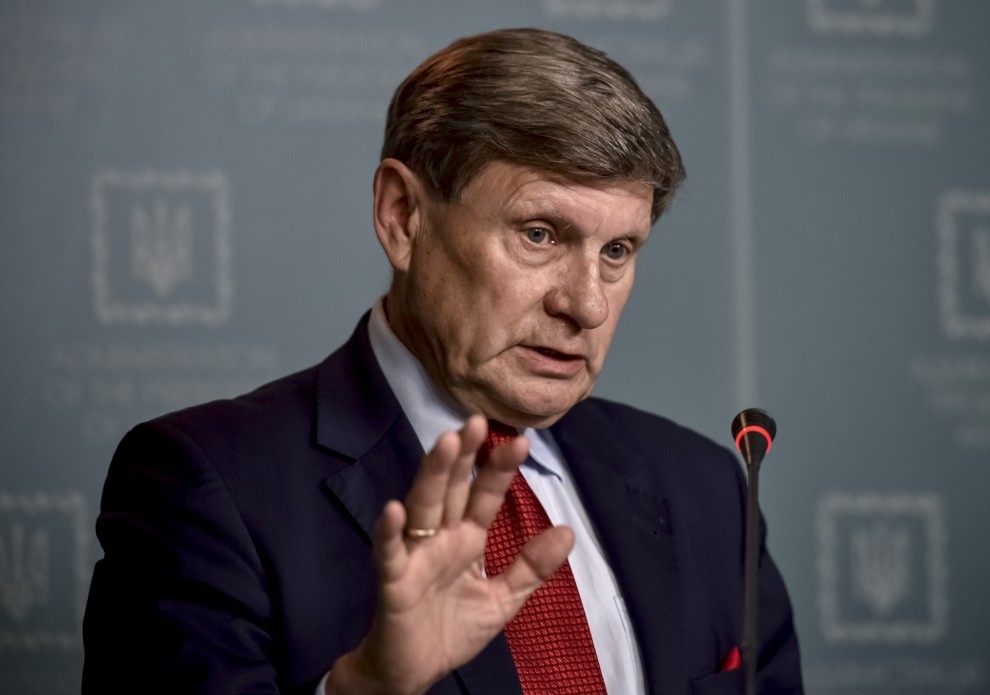
— Can you give a specific example about property?
— Why, for example, do I advocate the introduction of a land market? In the fall I was in the Chernigov region in the Trostyanets arboretum. Leaving there, I got into conversation with two locals. I asked what they thought about the land market. Both supported the idea of opening a market: if only because they want the right to sell this land.
They have explanations, like: “What if you need money? What if someone gets sick? If you need to teach children? Let me note that we are talking about basic freedoms. Politicians who oppose the land market essentially want to deprive ordinary people of basic freedom of choice.
Frankly, I was quite surprised at the correctness of their thinking. It is fundamentally different from the one that can usually be found among politicians while in Kyiv. Often, speaking on behalf of ordinary people, politicians are only speculating. In reality, they have long since broken away from these people.
Often, speaking on behalf of ordinary people, politicians are only speculating. In reality, they have long since broken away from these people.
Western investments
— This year, Ukraine took 64th place in the Doing Business ranking, improving its position by seven points compared to last year. Does promotion in the ranking guarantee us attraction of new investments?
— Any progress in “Doing Business” or other business ratings is always good. However, there are enough politicians who are very interested in the technical side of the issue. It is beneficial for politicians to implement technical actions that allow a country to improve its rating, for example, in the same “Doing Business”, while in reality, advancement in the rating will not affect investment inflows.
Take for example Georgia, which ranks 7th in this ranking. On the one hand, it seems that it has made a leap in ratings, but investment inflows have not increased at all. As a result, no strong economic development occurred at the expense of foreign investors’ money.

— What main conditions would you name for attracting investment to Ukraine?
— In order to create favorable conditions for foreign investment, three main tasks need to be solved:
- ensuring property rights;
- carrying out judicial reform;
- reducing the level of corruption.
— By ensuring property rights, do you mean protection from raiding?
— If you have ownership, it should remain yours.” If a business owner in your country is subject to a raider attack and he cannot defend his property in court, investments will not come to your country. That is why judicial reform is very important to improve the investment climate.
If a business owner in your country is subject to a raider attack and he cannot defend his property in court, investments will not come to your country.
— Is there any competition for investments in the world, and, in fact, what volume of investments does Ukraine manage to attract?
— Of course, today many countries compete for investment resources. On the one hand, due to this, the demand for investment increases, on the other hand, the supply of investment decreases. You need to understand that every billion of investments received opens up new opportunities for economic development.
Ukraine, with its recent economic history, has only had two years of foreign direct investment of about $10 billion. By comparison, the forecast for this year is 2.5-3 billion dollars. Last year we managed to attract 2.5 billion. Accordingly, every year we receive less and less investment.
Every billion of investments received opens up new opportunities for economic development.
— In the near future, could Ukraine be interesting from an investment point of view?
— I am sure that foreign investment in Ukraine can grow if we finally manage to use our advantages. We have highly educated people, relatively developed infrastructure, agriculture and land. In addition, we have large deposits of energy resources, primarily gas. Thanks to our potential, we have hidden opportunities for future investments.
Thanks to our potential, we have hidden opportunities for future investments.
— How would you characterize Ukraine’s cooperation with the IMF?
— In retrospect, all of our cooperation with the IMF can be characterized by one of the phrases said by President Kuchma during his telephone conversation with the President of the International Monetary Fund, Fischer.
On one of the Ukrainskaya Pravda tapes that concerns Gongadze, Kuchma says: “Yes, yes, Mr. Fischer, we will fulfill all our obligations!”, hangs up and turns to someone in his office: “What is he even talking about?” ? What obligations?
We are accustomed to seeing how senior officials make commitments to Ukraine, without even trying to remember them, because they know that they will not fulfill them. Based on this development of the situation, at some point there will definitely be a breakdown in cooperation with the IMF. I don’t remember that at least once in my memory the program was completely executed and completed.
We are accustomed to seeing how senior officials make commitments to Ukraine and do not even try to remember them.
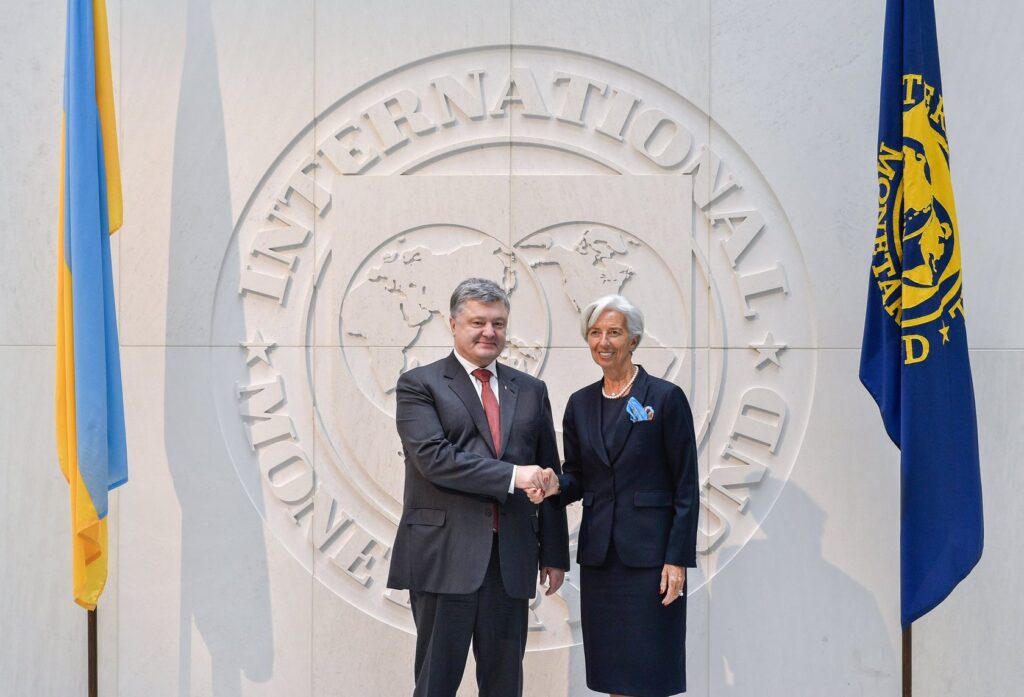
— Do you think it’s realistic for Ukraine to receive the next tranche from the IMF?
— I think it’s real. Firstly, because the stand-by lending program under discussion is not that large, amounting to $5 billion. For example, we used to have a $15 billion lending program. Therefore, the more appropriate question here is: why so little? Perhaps not enough, because we don’t need more? Actually, the requirements for the program that we now want are not so stringent. The program itself is quite ordinary, and I do not see any problems in its implementation.
— From your point of view, do the terms of the IMF tranche correspond to the interests of Ukrainian citizens?
— I would not say that at least one of these demands is somehow at odds with the interests of the Ukrainian people. For example, I don’t see a problem in continuing the fight against corruption, increasing the efficiency of the anti-corruption court, or implementing judicial reform. In addition, there is no problem in having a balanced budget.
Of course, there are conditions associated with utility bills. For example, one of them states that the price of energy resources should correspond to the market price, which is logical in principle. The conditions also spell out a mechanism according to which vulnerable sections of the population must receive support from the government. We are talking about the subsidy system that we already have.
— In your opinion, does big politics affect the investment market?
— One day I made an important conclusion for myself: you can’t look at things linearly, everything is interconnected. It’s always better to take a helicopter view of the situation. Based on this number of reasons, economics, in my understanding, is very closely related to geopolitics.
Today we can observe such tension points as the Middle East, Russia, China and the USA. If you look at who the United States is at war with economically today, it will be the countries with which it has a trade deficit.
If you look at who the United States is at war with economically today, it will be the countries with which it has a trade deficit.
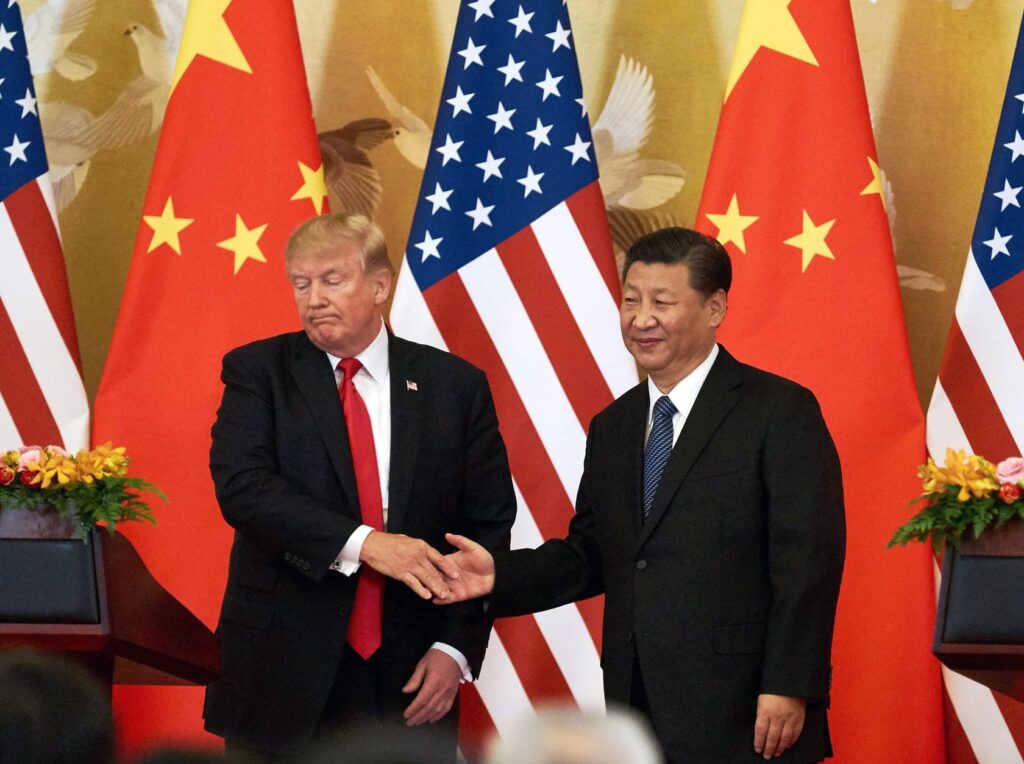
— What other stress points are there that you know?
— There is also a point of tension in the direction of Latin America – the States or Latin America – China. There is also our Eastern European region, which has its own tension points. All this does not add confidence to investors. They prefer to withdraw their assets to safe havens, for example, in the USA. And it turns out that demand has increased and supply has decreased. For this reason, investment flows are shallowing, there are fewer and fewer of them. And the one who can offer more competitive conditions wins.
— Who do you think the United States can start another trade war with?
— Regarding trade wars, I can conclude that the next country with which the United States wants to “fight” in an economic sense may well be Germany. After all, among European countries, Germany has the largest trade deficit with the United States, and there is no escape from this.
Politics
— Tell us about your role as adviser to the president on economic issues?
— One of the lessons I learned at Harvard is that if you go into politics, you have to be prepared to take on political responsibility.” You also need to keep in mind that even the simplest economic solution may in fact turn out to be completely impossible. A political decision is less about efficiency and more about finding a compromise. In fact, when making any political decision, you are consciously making not the right choice. Based on these realities, in my practice I always remain in the role of an advisor.
A political decision is less about efficiency and more about finding a compromise.
—Can you give a specific example of a compromise?
— For example, if we open the land market in Ukraine, it would be correct to allow the purchase of land by absolutely all entities, including foreigners. However, it should be understood that for various reasons this is politically impossible. In such a situation, you are forced to turn to another solution, which again may turn out to be impossible. As a result, you will have to go further and further in your compromises.
— You became an adviser to President Zelensky. Tell me, does he listen to your advice?
— When I was at Harvard, my professor, Robert Lawrence, who was Reagan’s adviser, told us a funny story. One day he wrote a speech for Reagan on the relationship between the United States and China, which he was supposed to deliver. However, at some point in his performance, Reagan, a former actor, began to actively improvise. My professor was outraged, and commented on this incident with the following words: “What does he even allow himself to do? He is the president, so his task is to read texts prepared for him by experienced experts.”
Decades later, I told this story to our current president, Vladimir Zelensky. After listening to me, Zelensky said: “You can become my Robert Lawrence.” Of course, it was funny, because it turns out that Zelensky has no doubts that he will become the Ukrainian Ronald Reagan.
Zelensky has no doubt that he will become the Ukrainian Ronald Reagan.
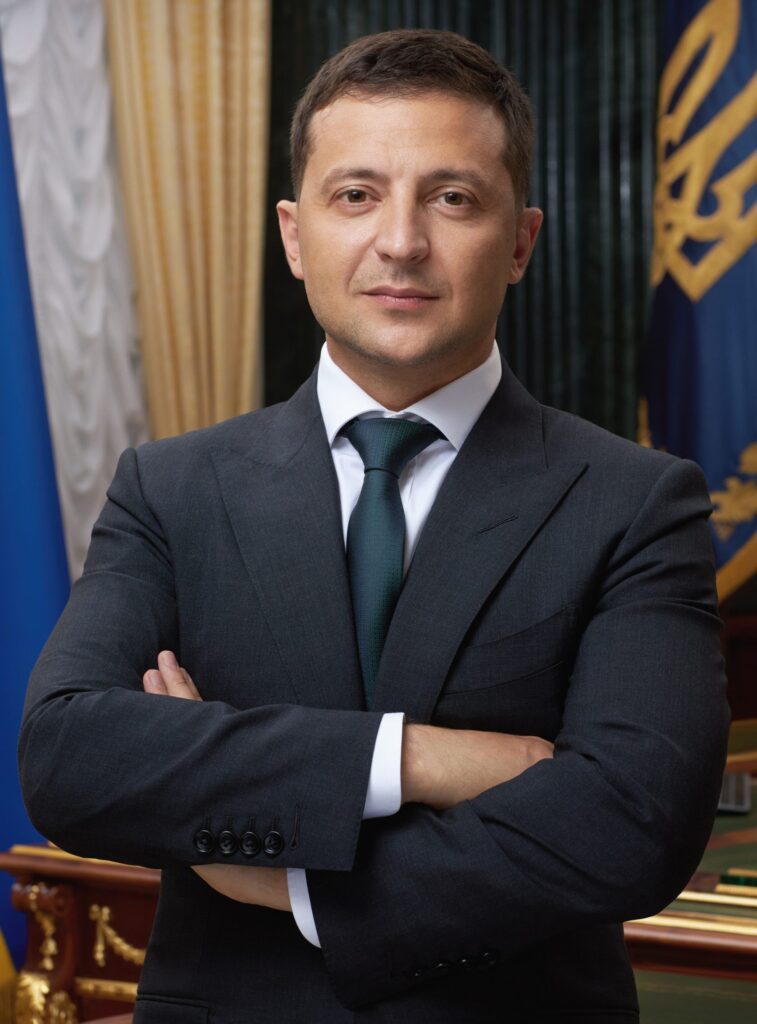
— Describe what your interaction with Vladimir Zelensky is like as his economic adviser?
— My task is to offer Zelensky several options for solutions. Of course, the final decision always remains his. Now we are at a stage when there is no question of making any variegated decisions, if only because the rules of the political game for Ukraine today are as brutal as possible. Whether Ukraine will develop very quickly and join civilized countries, or whether the independent country of Ukraine will cease to exist, depends on government decisions made today.
The task that any statesman, including President Zelensky, solves is to solve a system of equations at the country level. Solving this system would make the lives of individuals and the country as a whole better.
Whether Ukraine will develop very quickly and join civilized countries, or whether the independent country of Ukraine will cease to exist, depends on government decisions made today.
— Perhaps you could share a specific example of your advice to the president?
— Regarding my advice to the president, I would prefer not to make it public.
— How would you characterize Zelensky?
— Zelensky is a very open and fast-learning person.
Approach
— At the beginning of the interview, you recalled how you were interested in the opinions of ordinary people regarding land reform. Can we say that you are trying to be more than just a theorist?
— At some point, I realized that theory alone is not enough for economics. As a theorist, you run the risk of becoming a bookworm who has nothing to do with reality. Based on my attitude, it is important to have an active dialogue with ordinary people who are outside politics and science.
On each of my trips, I try to communicate with ordinary Ukrainian residents in order to understand what they think about what is happening in the country and what, in fact, they want. I am convinced that such an approach makes it possible to assess the correctness of this or that economic idea that comes to me.
As a theorist, you run the risk of becoming a bookworm who has nothing to do with reality.
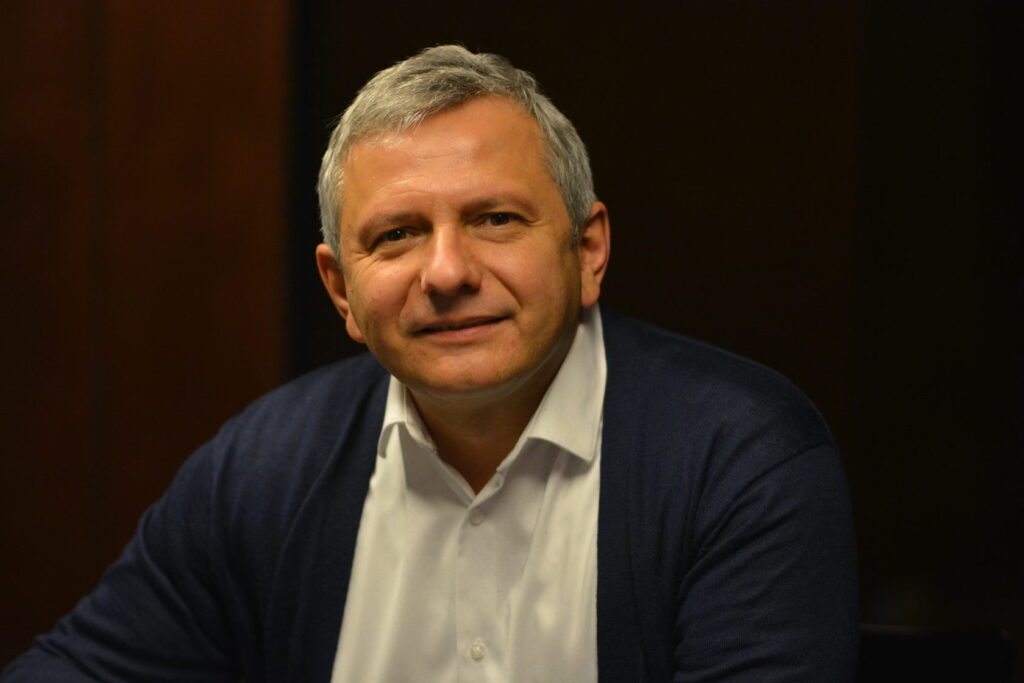
— In a sense, are you trying to put yourself in the shoes of an ordinary person?
— As you get older, you understand that you need to put yourself in other people’s shoes. If we are talking about the interests of ordinary people, then only after a live conversation with them can we understand what consequences this or that decision will bring for them. If you understand that a decision will entail positive consequences, this means that you should go in this direction and look for new solutions. It is very important to move towards dialogue with people and under no circumstances cut off this communication. As in any business, in politics you must understand your end consumer.
As in any business, in politics you must understand your end consumer.
— You studied at Harvard. Can you share why you found it special and which teacher you remember most?
— Harvard is good because, in addition to amazing communication with motivated and interesting people, you have the opportunity to communicate with very famous professors. At the same time, you need to understand: to become a professor at Harvard, you need to be not only a professional, but also an extraordinary person, like, for example, Jeffrey Sachs, who was at Harvard at that time.
It is clear that if you want to achieve something, you need to work a lot. Well, Jeffrey Sachs succeeded in this. For example, he woke up at 4 am to prepare for a meeting in Warsaw, and by 6 am to gather the whole group to discuss Leszek Balcerowicz’s next steps. All in order to enter his office by 8:30 and say what the expert group thinks on this or that matter.
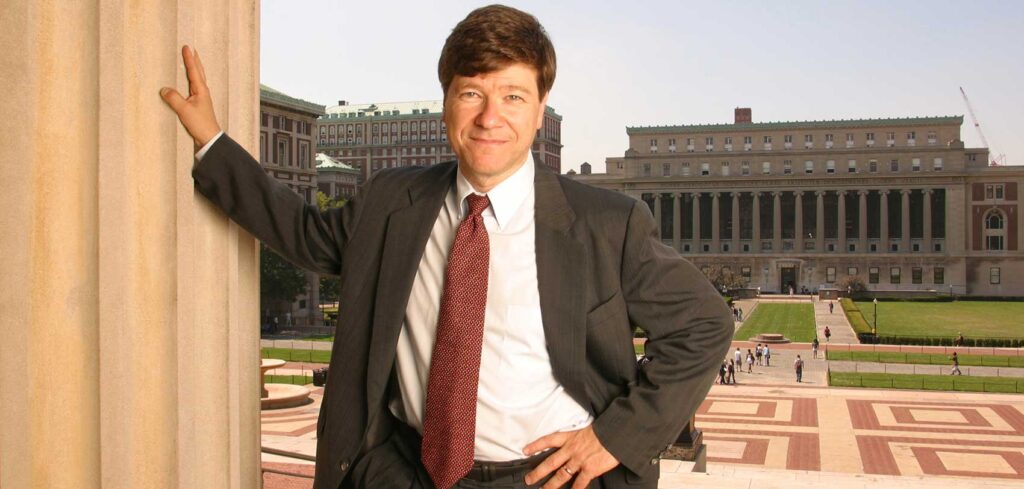
— Could you tell us in more detail about the expert group?
— If you talked to them, they would destroy many of your myths. For example, about the economic miracle of Poland. You would know that behind Leszek Balcerowicz there was a huge group of expert economists, which at one time was headed by Jeffrey Sachs. My teacher, the famous economist Simon Jones, was on this expert group on Poland, so I know first-hand what was done and how. In general, these are some of the most brilliant economists I have ever met in my life.
— Having built an amazing career, having completed a master’s degree at a top university in the world, what advice would you give to young people who are just building their lives?
My advice to any young person is that if an opportunity comes your way, you should grab it. If you feel like there are no opportunities in front of you, create them.
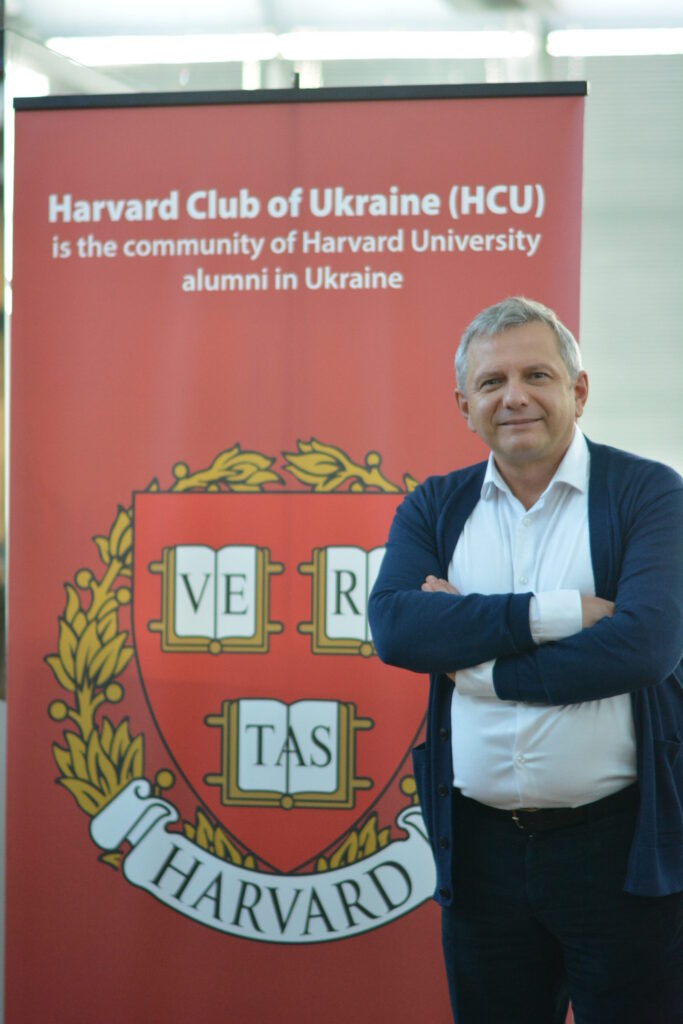
Worked on the material
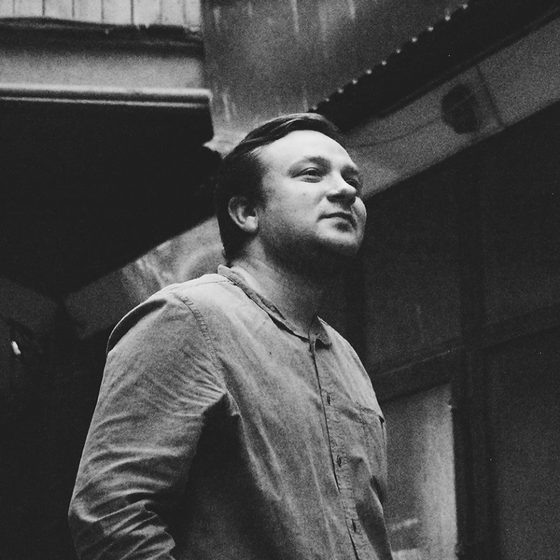
Yaroslav Karpenko
Editor in Chief

Yana Sychova
Editor

Ksenia Chikunova
Transcriber

Roksolana Smerechynska
Photographer

